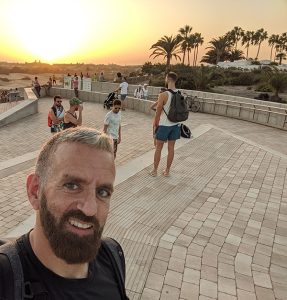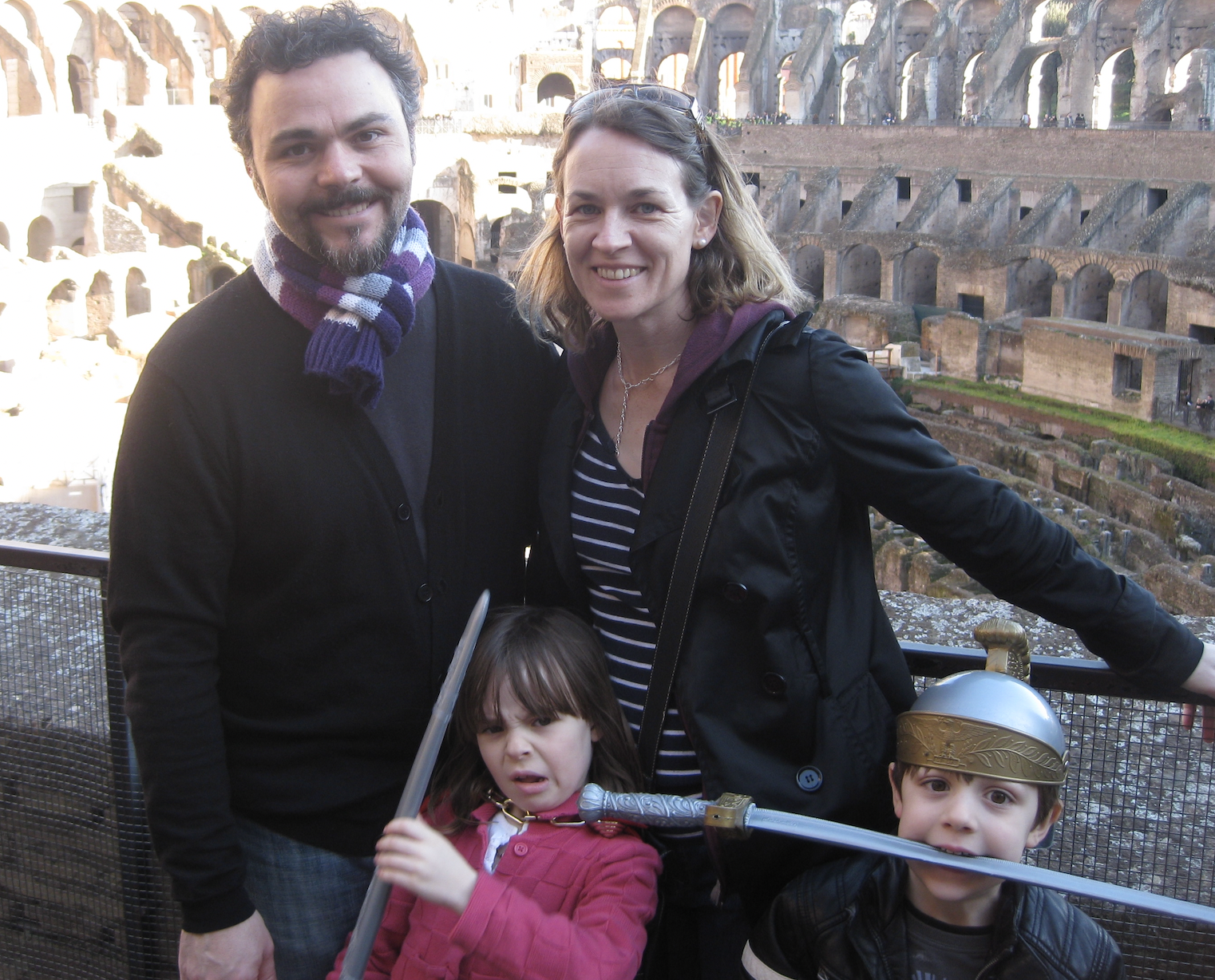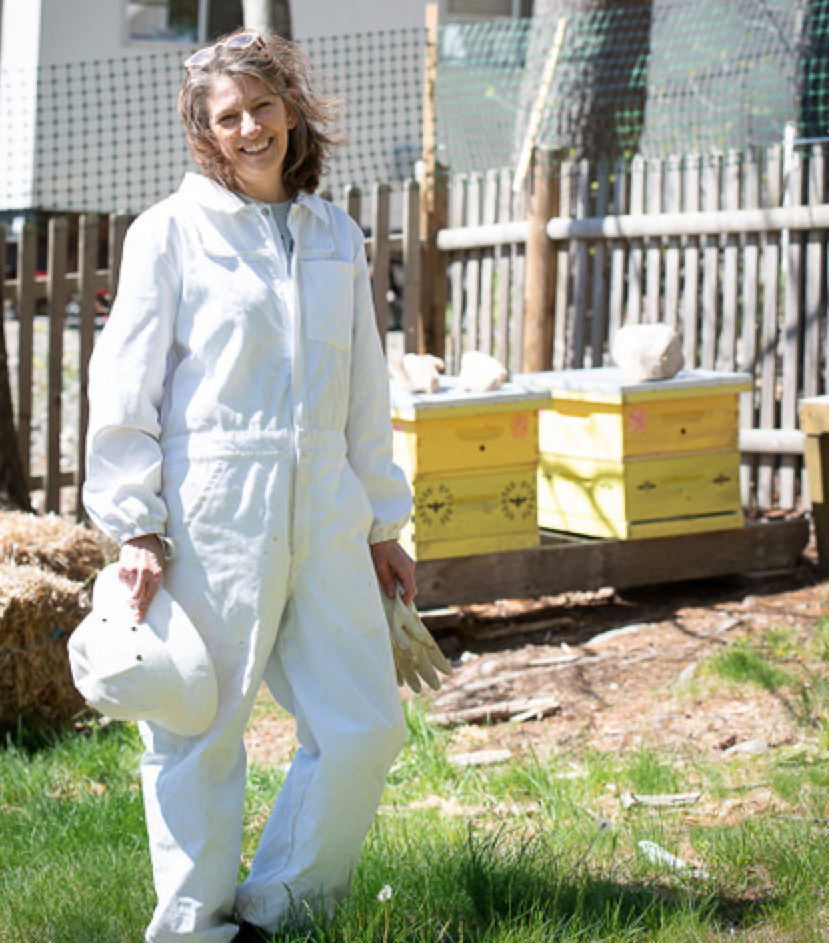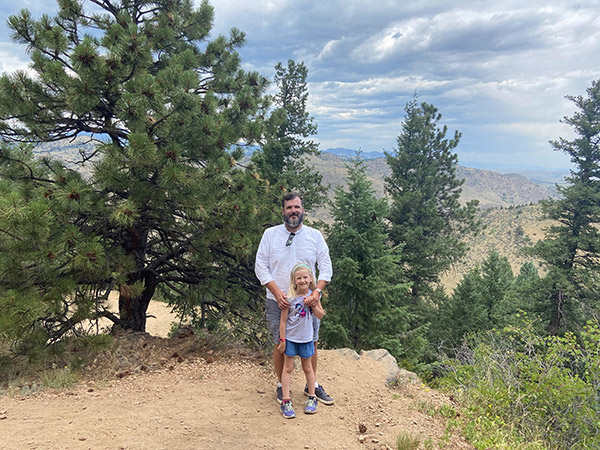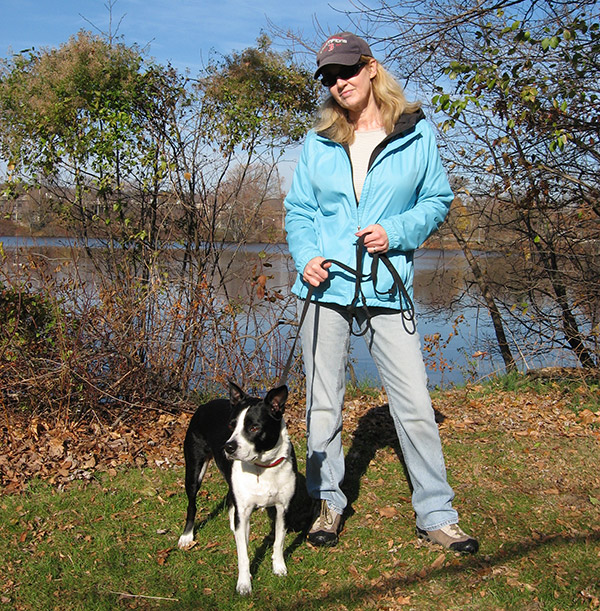Fast Forward to the Future: AI Copywriters Compete with Humans
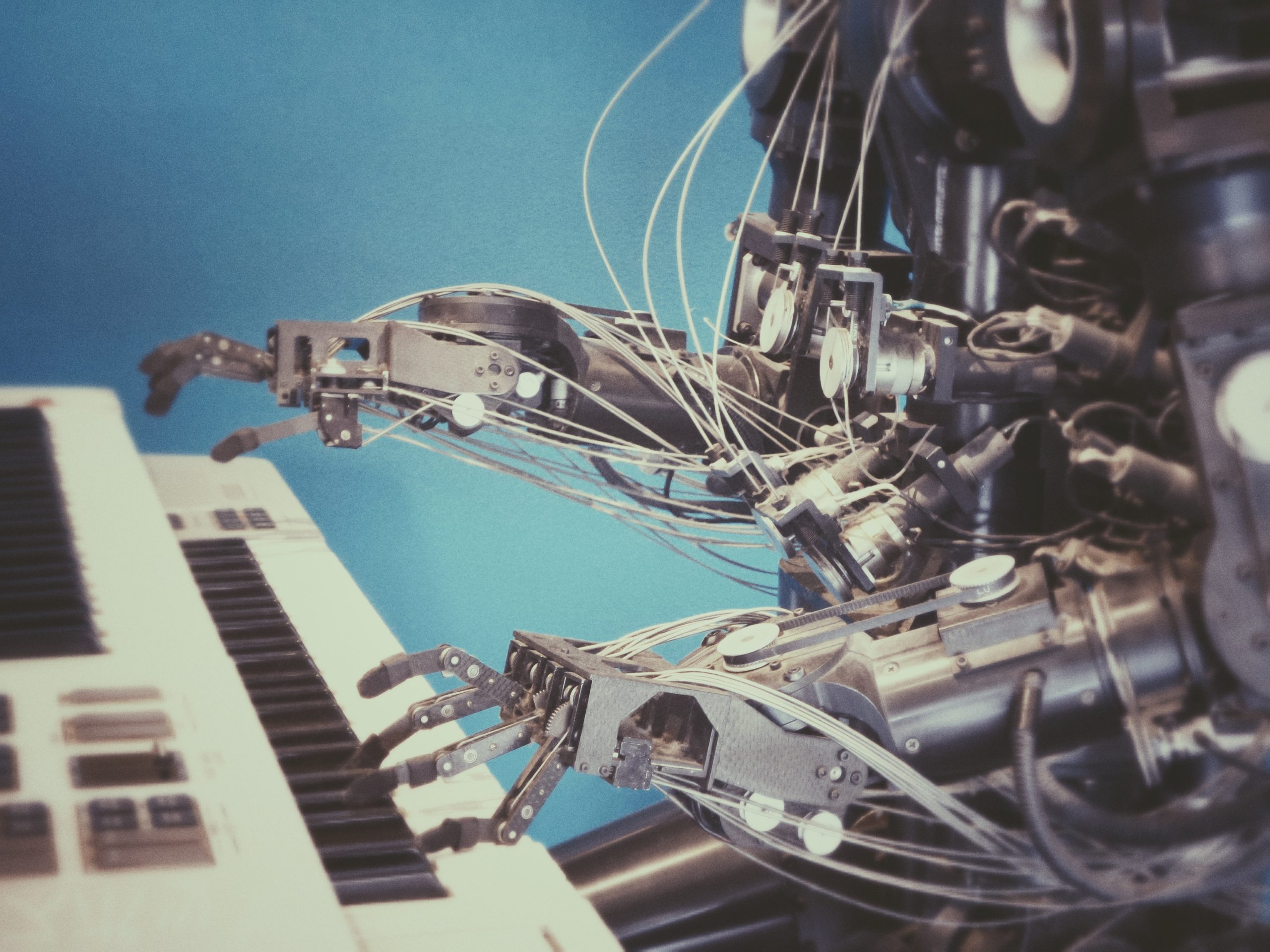
You might think you’re in a particularly crazy episode of Westworld, but be ready to snap back to reality. AI copywriters are no longer a feature of the future, but a firm fixture in the present. Innovation labs, banks and venture capitalists are throwing money behind the idea that robots can more effectively write copy than humans. The idea is that AI can more easily synthesize and systematize data that leads to the creation of effective copy. Look no further than Persado to see an AI copywriter in action. (Great name, by the way. The creators should have gotten someone- another robot, perhaps- to come up with a better name.)
Once the robots take over, what will be left for the mere mortals of the copywriting craft?
I’ve talked to some creatives who simply feel that robots aren’t a threat: AI is programmed to follow rules, after all, and creativity breaks (or at least tiptoes along the line of) them. Yet, I tend to worry. Creativity is only half a copywriter’s job. There are loads of rules when it comes to writing. We already rely on spell check, title case verifiers and a variety of other technology to assist us when it comes to adhering to these writing strictures. AI learns iteratively, so since it already has the grammar game down, how far of a leap could it be to get creative?
Turns out, AI “copywriters” can be programmed to know there are over 45 different, funny ways to say hello, and learn more as they “work”. But putting that learning to practice is a different story. It all comes down to context, which AI will just never have, not like us flesh and blood humans. In any given day, we have millions of learning opportunities and life experiences that contribute to our knowledge base. All of these can then be applied to creative projects, and often we apply outside, random learnings, facts and turns of phrase in the most interesting and, until they spill out onto the page, unknown ways. Who knows what lies hidden in the depths of human minds, after all? AI is programmed to think and “behave” in a certain way, and even if they’re always processing to learn more, there will always be a limit to what they can do.
Us human copywriters may no longer be the best candidates for copy that can be easily churned out, such as banner copy or calls to action. (We can still do it, but it can also be delegated to computers that don’t need context to create a button that says “Click Here”.) If anything, AI frees up some time for us to take on more demanding parts of a project. It can also open up new doors and opportunities to leverage our love of language to help programmers create computers that can take on more routine assignments. Dialogue designers, language engineers and scientific copywriters are always going to be needed to add that real, authentic human touch to AI interactions. Us humble humans may be outperformed in speed and data synthesis, but it’s our knowledge of language, rather than the words we write, that will make us forever more valuable than our computer-based cousins.
























